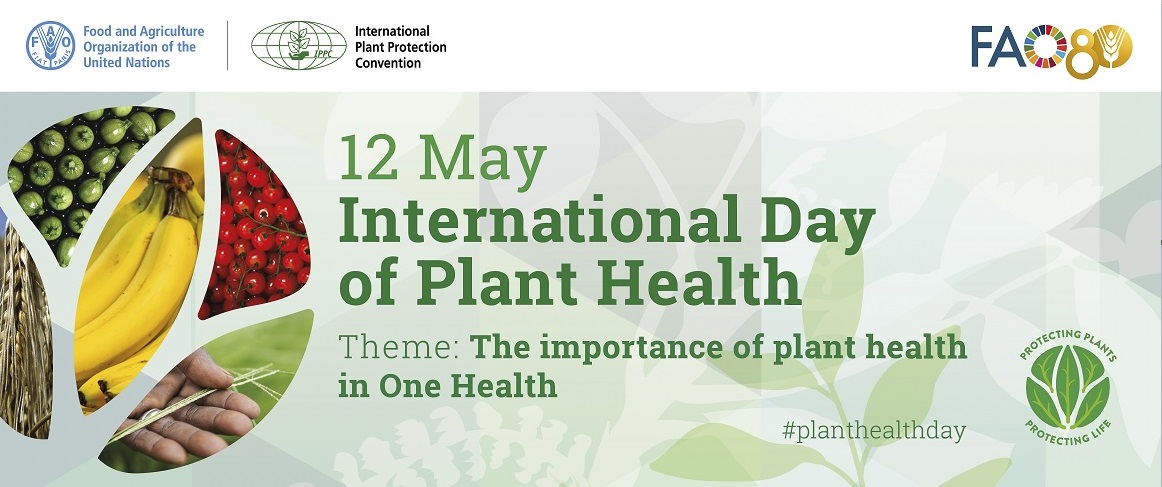Following the declaration by the United Nations General Assembly of the International Day of Plant Health (IDPH), every 12th of May, the plant health community celebrates the importance of plant health by organizing events to raise awareness and to mobilize international communities. This year’s theme of the IDPH is plant biosecurity for food security.
In order to give visibility to national and international research and development activities carried out by plant health scientists and their organizations, the Asia-Pacific
Association of Agricultural Research Institutions (APAARI),
CABI, the
International Centre for Advanced Mediterranean Agronomic Studies of Bari (CIHEAM Bari), the
Euphresco III network, the
International Seed Federation (ISF) and the
Plant Biosecurity Research Initiative (PBRI), are pleased to launch the fifth edition of the video contest ‘Plant Health TV - Promoting the importance of plant health research for food security’.
Guidelines on how to participate in the video contest and relevant documents are available from
here.
